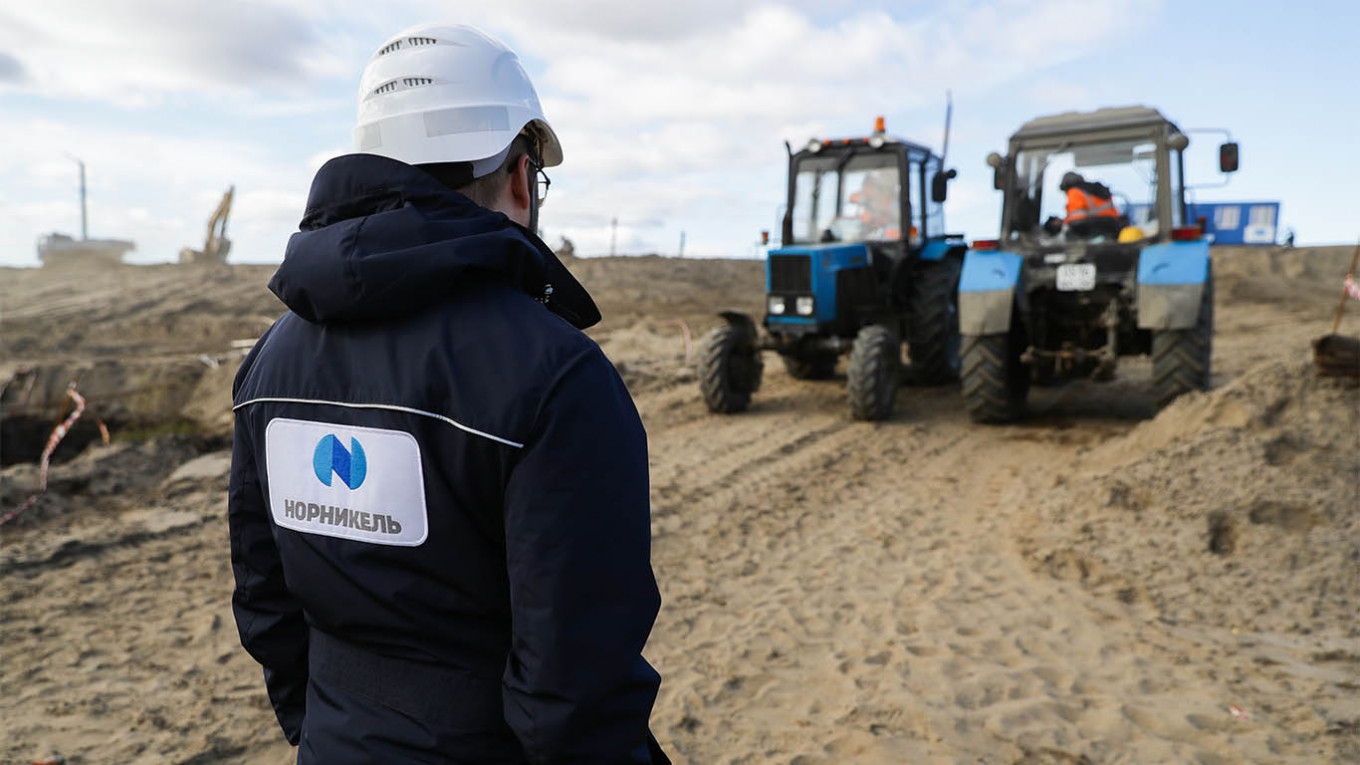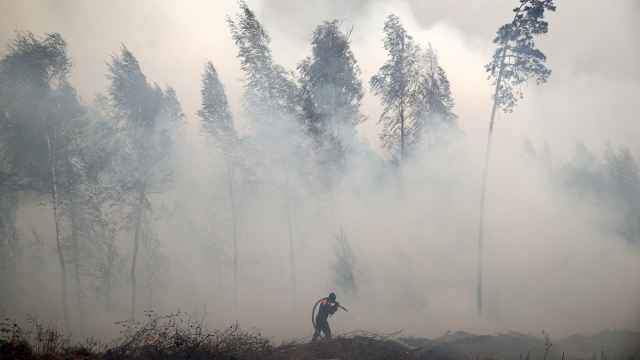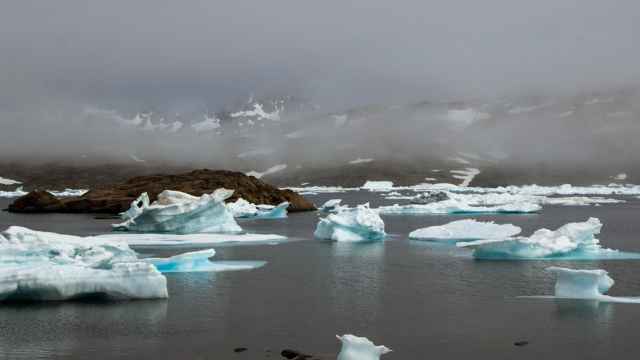Indigenous groups in Siberia and the Russian Far East have asked Elon Musk to boycott a mining giant linked to several recent environmental disasters in the Arctic.
Last month, the Tesla CEO urged global mining companies to ramp up nickel production as current costs of the metal, a key ingredient in electric car batteries, were hindering Tesla’s growth. He said Tesla would offer a “giant” long-term contract to companies that produce nickel “efficiently and in an environmentally sensitive way.”
Russia’s Norilsk Nickel, one of the world’s top nickel producers, should be considered ineligible for Musk’s offer because of its environmental pollution, the Aborigen Forum indigenous association said.
This summer, more than 21,000 gallons of diesel fuel leaked from a Nornickel subsidiary’s tank into a river near the city of Norilsk in what environmentalists called the worst-ever Arctic oil spill. The company has also been linked to mass wastewater dumping and an industrial waste fire in the tundra in recent months.
Nornickel’s operations “are all the more dangerous because they are carried out in the Arctic region, where the environment is especially vulnerable and can take decades to recover from pollution,” Aborigen Forum secretary Gennady Shchukin said in an open letter published on the Indigenous Russia website.
Shchukin said Tesla should boycott Nornickel products until it completes an independent assessment of environmental damage linked to nickel mining in the region; compensates indigenous peoples living on these lands; recultivates contaminated lands; and revises its policies for engaging with indigenous groups.
He added that the group hopes Tesla will announce the boycott publicly.
The Taimyr Peninsula and the Murmansk region in Russia’s far north, where most of Nornickel’s mining operations take place, are home to many indigenous groups including the Sami and Nenets.
“A clean environment is a key factor for their survival in the harsh northern conditions,” Shchukin wrote.
A Message from The Moscow Times:
Dear readers,
We are facing unprecedented challenges. Russia's Prosecutor General's Office has designated The Moscow Times as an "undesirable" organization, criminalizing our work and putting our staff at risk of prosecution. This follows our earlier unjust labeling as a "foreign agent."
These actions are direct attempts to silence independent journalism in Russia. The authorities claim our work "discredits the decisions of the Russian leadership." We see things differently: we strive to provide accurate, unbiased reporting on Russia.
We, the journalists of The Moscow Times, refuse to be silenced. But to continue our work, we need your help.
Your support, no matter how small, makes a world of difference. If you can, please support us monthly starting from just $2. It's quick to set up, and every contribution makes a significant impact.
By supporting The Moscow Times, you're defending open, independent journalism in the face of repression. Thank you for standing with us.
Remind me later.






